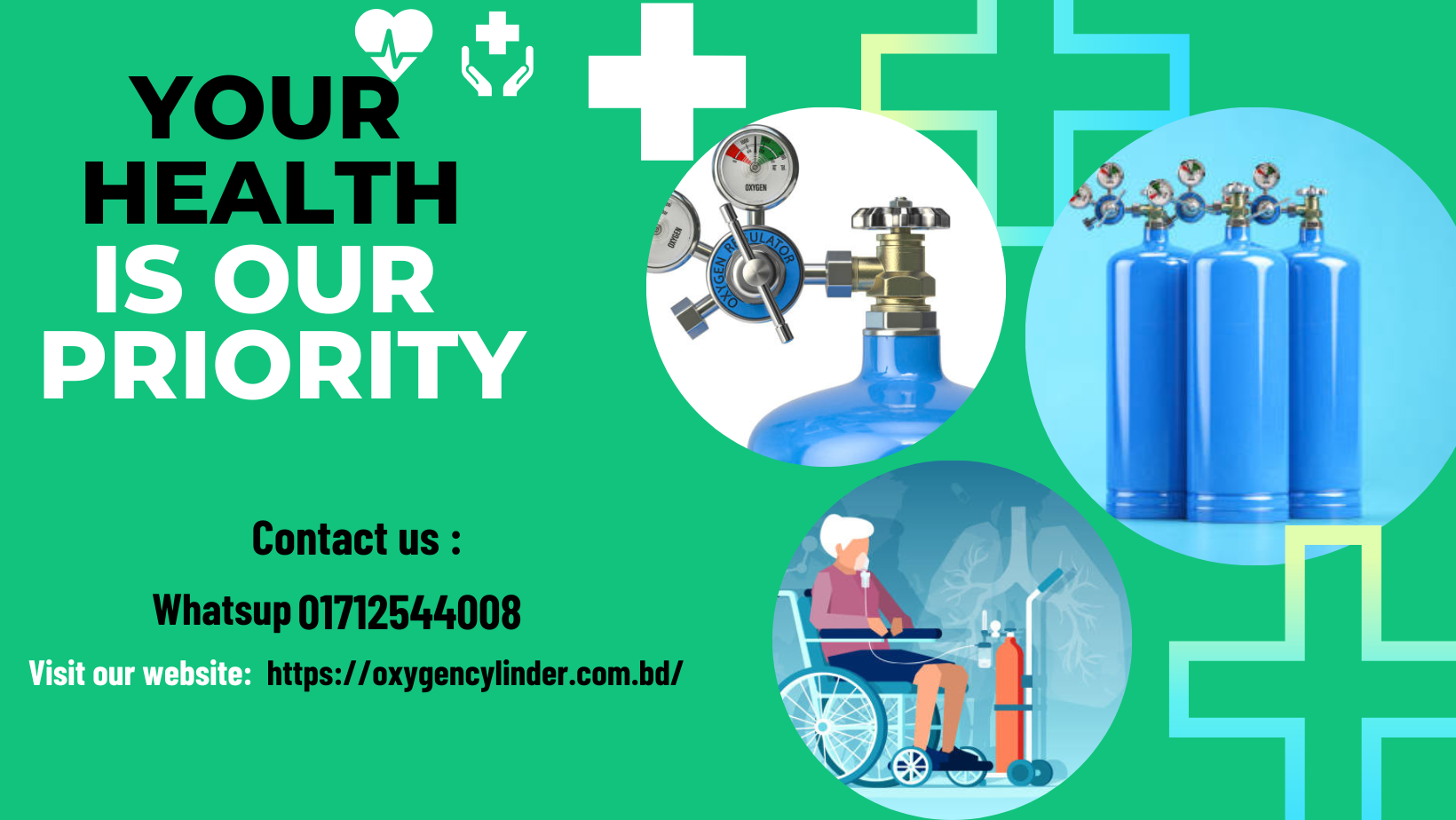Oxygen Cylinder Delivery 24 Hours, A Vital Lifeline in Healthcare The COVID-19 pandemic has underscored the critical need for timely access to medical resources, with oxygen being a primary focus. As patients experiencing severe respiratory distress require immediate assistance, the concept of 24-hour oxygen cylinder delivery services has emerged as a lifeline. This article delves into the significance of round-the-clock oxygen cylinder delivery and how it plays a pivotal role in healthcare systems worldwide.
The Importance of Oxygen Cylinder Delivery 24 Hours
- Rapid Response to Emergencies
Medical emergencies, especially those involving respiratory distress, can strike at any time of the day or night. Having access to oxygen cylinder delivery services 24 hours a day ensures that patients can receive the critical care they need promptly. This rapid response can be a matter of life or death, particularly in cases of severe respiratory illnesses like COVID-19.
- Relief for Overburdened Hospitals
During healthcare crises, hospitals and healthcare facilities often experience surges in patient admissions. When healthcare systems become overwhelmed, home-based care becomes a viable option. Oxygen cylinder delivery services facilitate home-based oxygen therapy, relieving the burden on hospitals and freeing up resources for more critical cases.
- Support for Home-Based Care
Many patients with chronic respiratory conditions or post-hospitalization recovery prefer to receive care in the comfort of their homes. Oxygen cylinder delivery services extend this option by making medical-grade oxygen readily available to patients who need it at home. This approach enhances patients’ well-being, reduces hospital readmissions, and promotes a more holistic approach to healthcare.
- Peace of Mind for Caregivers
Families and caregivers of patients with respiratory conditions experience anxiety and stress when their loved ones require continuous oxygen support. 24-hour oxygen cylinder delivery services provide caregivers with peace of mind, knowing that they can access oxygen refills or replacements at any time, ensuring uninterrupted care.
- Accessibility for Remote Areas
In remote or underserved regions, access to medical facilities can be limited. Oxygen cylinder delivery services can bridge the gap, making essential healthcare resources available to those who may not have easy access to hospitals or healthcare centers.
Challenges and Solutions
While 24-hour oxygen cylinder delivery services are invaluable, they come with challenges:
- Supply Chain Management: Ensuring a continuous supply of oxygen cylinders, especially during peak demand, requires robust logistics and supply chain management.
- Quality Assurance: Maintaining the quality and safety of oxygen cylinders is paramount. Strict quality control measures are needed to ensure that delivered cylinders meet medical standards.
- Regulatory Compliance: Compliance with healthcare regulations and standards is essential to guarantee that the service provides safe and effective medical-grade oxygen.
- Geographic Coverage: Expanding coverage to remote or rural areas can be challenging but is crucial to ensuring equitable access to healthcare.
Conclusion
Oxygen Cylinder Delivery 24 Hours, A Vital Lifeline in Healthcare, v24-hour oxygen cylinder delivery services have emerged as a critical lifeline in healthcare, especially during times of crisis. These services provide rapid, round-the-clock access to medical-grade oxygen, offering timely support for patients experiencing respiratory distress. They also help relieve the strain on overburdened hospitals, enable home-based care, and provide peace of mind to caregivers.
As healthcare systems continue to evolve, the expansion and enhancement of oxygen cylinder delivery services are essential. Governments, healthcare providers, and logistics companies must work together to ensure that this vital resource remains accessible, affordable, and reliable for all individuals in need. In doing so, we can strengthen our healthcare infrastructure and better prepare for future healthcare challenges.

